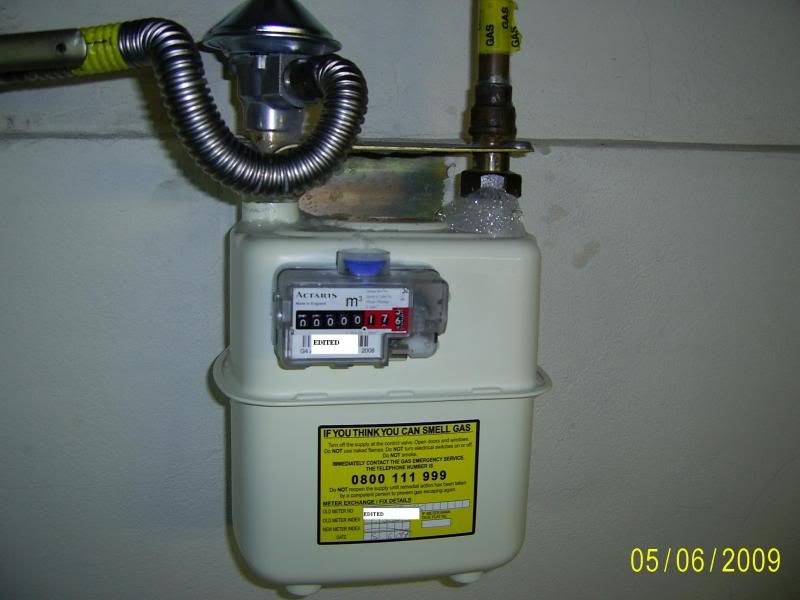Hi, I would very grateful for any advice. We recently had melted / burnt meter tails in our house. After noticing a burning smell we turned off the consumer unit and called an electrician, who located the problem, so we called our power supplier. The power company sent an engineer from siemens, who called northern powergrid, who came and replaced the mains fuse. The siemens engineer then replaced the meter and tails. We were told the tails melted because the terminals inside the meter were loose/ not screwed down. I have a couple of questions:
1 - who owns which bits?
2 - who is responsible for the faulty wiring?
3 - can loose meter terminals cause voltage problems / other electrical equipment to fail? Since moving in we have had to replace countless bulbs and just about every electrical item we owned as one by they all packed up.
4 - how long can something like this go unnoticed? We have lived here six years
5 - how dangerous was it? Could we have had a fire if we hadnt spotted it?
many thanks to anyone who can help
1 - who owns which bits?
2 - who is responsible for the faulty wiring?
3 - can loose meter terminals cause voltage problems / other electrical equipment to fail? Since moving in we have had to replace countless bulbs and just about every electrical item we owned as one by they all packed up.
4 - how long can something like this go unnoticed? We have lived here six years
5 - how dangerous was it? Could we have had a fire if we hadnt spotted it?
many thanks to anyone who can help





